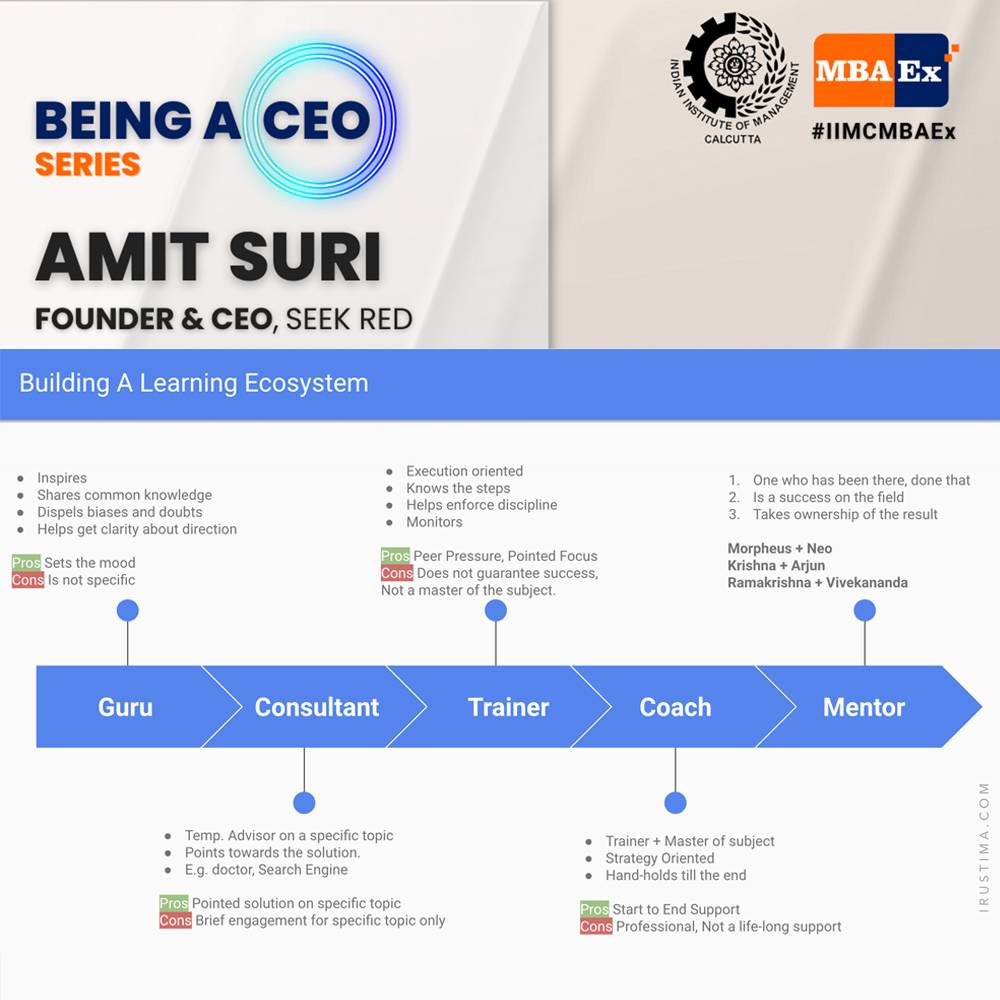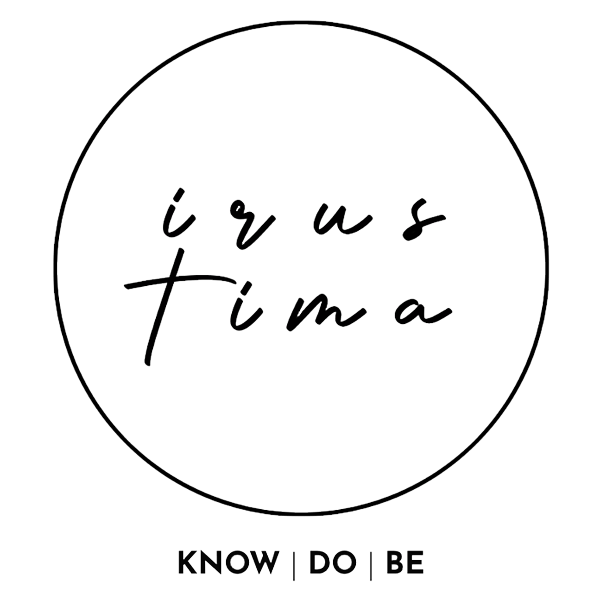
26 Feb Creating A Personal ‘Learning Ecosystem’
I was pleasantly surprised when I received an invitation from my esteemed alma mater, IIMC, to share my experiences on starting and managing my company, with the current cohort of executive MBA students. This was an unexpected and humbling honour, and I was delighted to be given such an opportunity and privilege.
As a former student of the prestigious institute, I had attended similar sessions during my MBA days where industry leaders share their valuable experiences with us. I had learned so much from those sessions, and was also able to implement some of their ideas into my company, however, I must admit that I am not a business heavyweight, and my company is still in its early stages of success.
Despite feeling like a newbie among the giants who traditionally lead such sessions, I realise that my uniqueness comes from bootstrapping my business from scratch, and in making it a process and performance driven organisation, thanks to the learnings at IIMC, and from the many smart people I have met enroute. For the session, I decided to built my narration around a few key realisations which helped me over the years – Ideas that are tried and tested. Among many such ideas, one realisation has been the importance of developing consciously a robust personal ‘Learning Ecosystem’.
To progress profitably and peacefully, we inevitably need a support network who improve our learnings on ongoing basis. The learnings from the support network are over and above our knowledge and skills, and taps into the expertise, knowledge and skills of others, eventually boosting our attitudes, skills, and knowledge exponentially.
Who are these people who willingly help us in our pursuits?
As we meet smart people, our expectations of learning from them are often misguided because we pursue them for resources they cannot share with us in the capacity we expect from them. Thus, the intended learnings do not happen! We need to pursue these people and ask of them what they can impart to us easily and happily. I try to categorise people I wish to learn from as per the ‘Learning Ecosystem’ framework in order to benefit from their support efficiently.
Here are the categories of people in my ‘Learning Ecosystem’ who I learn from. Knowing who-is-who may help us build the right learning expectation from them.
Guru
The Guru is one who uplifts our mood, and motivates and inspires us. They show us the direction we need to take but are not necessarily open to a dialogue. They know ‘what’ to do but may not always know ‘how’ to do. For example, our parents can be our gurus. They motivate and inspire us, and set the direction for us, but they might not know the exact nitty-gritties of how to achieve the desired results.
Consultant
The Consultant is one who solves specific problems with solutions that are from their domain of expertise. They do not take ownership of the result, but their consultancy bears fruit by providing pointed advice on a particular issue. For example, doctors, lawyers, and chartered accountants are all consultants. Give them a specific issue, and they will provide a specific solution only, nothing more. So expect as much from them.
Trainer
The Trainer is one who engages with us to make us do what might be already known to both of us. They bring clarity by actions, through the sheer rigour and discipline of doing a task again and again, perhaps in different ways, but by taking actions repeatedly. They help build muscle memory in a particular area by enforcing the necessary actions that need to be taken for skilling and expertise-building. They set short-term targets, they do not set long-term goals. They take ownership of results but they train us to get better incrementally. For example, Yoga Trainer, Speech Trainer, and CrossFit Trainer.
Coach
The Coach is one who engages with us to help us realise our potential and show us what the result could be. They are strategists who know how to execute, who to engage with (read Trainer), and which goals to set and achieve. A coach takes partial ownership of the result, but they typically do not take ownership of the associated risks. A coach has a long-term view on things and helps to clarify the path that lies ahead. They show us the door through which we have a choice to walk towards our Purpose and our Goals. A coach engages for a longer period but may not stay with us all through our lives. At some point, they move on after having coached us. For example, Life Coach, Business Coach, and Sports Coach.
Mentor
A Mentor is a lifelong partner who takes equal responsibility for the outcome of our efforts. They are experts in their field with a proven track record. They have ‘been there, done that’. Mentors engage with us because they believe in us, at times even more than we may believe in ourselves. They guide us through hand-holding, coaching, training, and inspiration, all combined and balanced to help us realise our potential, maybe even exceed it. Notable examples of mentor-mentee pairs include Morpheus and Neo, Dronacharya and Pandava, Krishna and Arjun, Ramakrishna and Vivekananda, among others.
In summary here are the five people who make our ‘Learning Ecosystem’: Guru, Consultant, Trainer, Coach, and Mentor. The Guru uplifts the mood, motivates, and inspires. They show us the direction we need to take but may not know ‘how’ to get there. The Consultant solves specific problems within their domain of expertise. The Trainer engages with us to make us do what we might already know, building muscle memory and enforcing necessary actions. The Coach helps us realise our potential, shows us what the result could be, and demystifies the path ahead. And, the Mentor is a lifelong partner who has ‘been there, done that’. A mentor takes equal responsibility for the outcome of our efforts.
To build a strong ‘Learning Ecosystem’, we may start finding at least one mentor, five coaches, ten trainers, twenty consultants, and fifty gurus. It may seem like a lot, however the mere pursuit would bring about a massive transformation in our lives.
As I continued with my session that day, I shared with the students that my journey has been filled with ups and downs, but I persevere and consciously learn from my own experiences as well as from those of others in my ‘Learning Ecosystem’. That I was passing on the tried and tested methods (many of which I have learnt and aggregated from the amazing people in my ‘learning Ecosystem’) to them, the next generation of business leaders, was an incredibly satisfying moment for me.
I’m grateful to have been a part of it all. Thank you, IIMC! I hope to share more to extend the reach of my learnings in hope that many others are able to realise their potential… and exceed it.
If you liked this post, then you may consider reading The General Theory on Fitness , The General Theory on Finance , and Creating A Personal ‘Learning Ecosystem’ also



No Comments